The Minneapolis Police Department’s murder of George Floyd epitomizes what Black taxpayers have never truly received: quality law enforcement. Black people are overrepresented in stops, arrests, convictions, and deaths at the hands of police. The failure to prosecute murderous police typifies a bad overall track record with solving violent crimes: Approximately 38% of murders, 66% of rapes, 70% of robberies, and 47% of aggravated assaults go uncleared every year.
Given the magnitude of the expenditures allocated to police departments and incarceration in municipal and state budgets at the expense of services that prevent crime (not to mention the human cost to the community), it’s an understatement to say that Black communities are not getting adequate returns on their tax dollars.
As COVID-19 forces cities and states to restrict their budgets, governments must prioritize helping people find themselves in healthier living arrangements and in a job with a living wage—rather than sick, behind bars, or dead. This will require investments that increase economic mobility, not in services that literally arrest it.
As the saying goes, “You get what you pay for.” If we want more economic mobility and protection from COVID-19, we have to invest in systems that drive toward those ends. Money for that must come from the systems that throttle economic mobility: policing and prisons.
Policing hamstrings municipal governments
States play a small role in financing policing, mostly through highway patrols. Instead, most police spending occurs at the municipal level (86% in 2017), according to the Urban Institute. Because of this decentralized funding structure, defunding the police will mean paying particular attention to those municipalities whose budgets show the most egregious imbalances between police and community improvement expenditures.
A 2017 report by the Center for Popular Democracy, Law for Black Lives, and Black Youth Project 100 examined the budgets of 12 major U.S. cities and counties over the last three decades. They found that funding dedicated to incarceration, corrections, and policing has come at the expense of infrastructure spending, mental health services, housing subsidies, youth programs, food benefits programs, and other basic services that Black communities desperately need. Black-majority cities such as Atlanta, Baltimore, Detroit, and Oakland, Calif. far exceeded the average for police funding, and most of the 12 budgets allocated more than a quarter of general funds to policing. Of the cities and counties profiled, Oakland gives police the largest slice of the pie: 41%.
These budgets simply do not reflect the priorities of Black taxpayers and communities that see higher unemployment rates, underfunded schools, fewer merit scholarships, and less access to quality health care. State and local government expenditures toward policing amount to $115 billion each year and another $79 billion on incarceration, for a total of $194 billion. Compare that to the $181 billion spent on highways and roads, $100 billion dollars spent on public health, $75 billion on mass transit and rail, $52 billion on housing and community development efforts, and $40 billion on state mental health services, according to 2017 census figures.
Unnecessary incarcerations are morally bankrupt and fiscally wasteful
State and municipal government must also eliminate the wasteful spending on incarceration that extracts wealth from Black communities. Nationwide, one in five prisoners are incarcerated for nonviolent drug offenses. There are five times as many white drug users as Black drug users, but Black Americans are imprisoned on drug offenses at a rate 13 times higher, relative to population. This drag of racism extracts incomes and wealth from Black neighborhoods, which is not only a national shame, but wasted value.
According to a 2016 report from the Brennan Center for Justice, 39% of prisoners should be in treatment, community service, or probation rather than incarcerated because they are nonviolent, low-level offenders, or have already served long sentences. This amounts to nearly 600,000 inmates. To release them would not only mean freeing those citizens, but also freeing $20 billion per year—enough to employ 327,000 teachers.
On any given day, one in 10 Black men in their thirties is in jail or prison. This is in the midst of a pandemic in which overcrowded jails across the country have become hotspots for COVID-19. To stymie the disease’s spread, prisoners are being released sporadically across the country. But in at least one instance in Chicago, a lack of ankle monitors led officials to detain prisoners that otherwise would have been let go.
This reveals two truths: Many prisoners could have been released under supervision already, and there are too many prisoners to begin with. “The problem isn’t that we don’t have enough bands,” Chicago attorney Sarah Staudt told the criminal justice website The Appeal. “We have too many people [in jail].”
The economic benefits of public employment
Over time, police and corrections officers have taken on a number of responsibilities—from monitoring schools and campuses to responding to mental health crises—in which officers have neither training nor expertise. A drastic restructuring of police responsibilities would open up jobs that don’t mitigate the economic mobility of Black residents. Police and corrections officers have health care, retirement, and other benefits—Black communities need more public sector jobs that carry similar benefits but offer better returns for our tax dollars.
The infrastructure is already in place to absorb new jobs in local economies. There are counselors and programs for victims of sexual assault, services for people experiencing homelessness or suffering from addictions, and departments which respond to domestic abuse. These programs exist, but they are not adequately funded. Reducing incarceration and police department’s bloated budgets will allow us to bolster these services and alleviate the burden we lay on police and prisons.
Nothing screams of the inefficiency of racism like a tank
The militarization of police in urban areas exemplifies the inefficiency of racism. Local cops driving tanks do nothing to make communities safer. The resources spent on training and maintenance for such wasteful equipment should be seen as stealing a job that could have been much more useful.
Military equipment in urban areas represents the extent to which we consider Black people enemies of the state, not members of it. If we truly want to add value to Black-majority neighborhoods, we should defund the police and prison systems to reprioritize that money in ways that respect the members of society that Black people are.
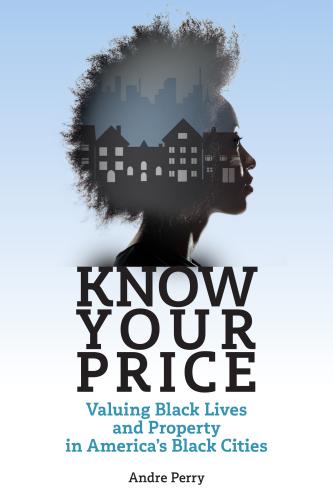
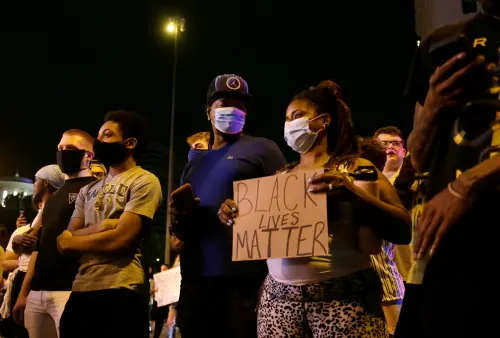
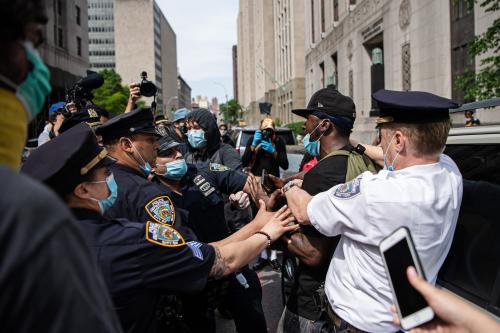
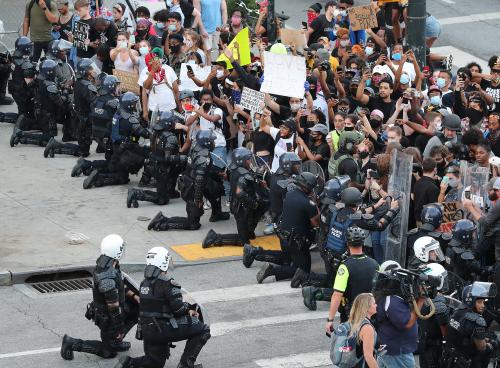




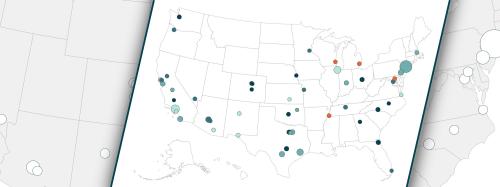


Commentary
To add value to Black communities, we must defund the police and prison systems
June 11, 2020